Gas Networks Ireland (GNI) wants to build on its demonstration project with Green Generation to source 20% of the gas in its network from renewable sources by 2030 – nearly all from farms.
Another Government-funded pilot project will inject gas from 20 farm-based anaerobic digesters (ADs) around Mitchelstown, Co Cork.
“The ideal location to locate anaerobic digesters (ADs) would be on farms where there is a source of slurry.
"These facilities would be able to offer a fixed price for dry matter feedstock such as grass silage, maybe red clover rotation crops from the tillage sector, or sugar beet, guaranteed for 15 years or more,” said Ian Kilgallon of GNI.
Extra grass could be grown on most farms in the north and west, while tillage farmers in the south and east could grow energy crops.
You’ve got lots of beef farmers who are losing money. It makes money for a farmer if he can grow grass and have it as a crop
Up to 20% of the slurry stored in the country in 2030 and 10mt of grass silage could be processed in ADs, according to GNI.
Scaling this up nationwide could only happen with price incentives, Kilgallon and Green Generation’s Billy Costello warned. They are lobbying the Government to make injection of renewable gas into the national network eligible to the Support Scheme for Renewable Heat. “8.5c/kWh of heat is roughly what they get in England, France or Germany. We’re not any different,” said Costello.
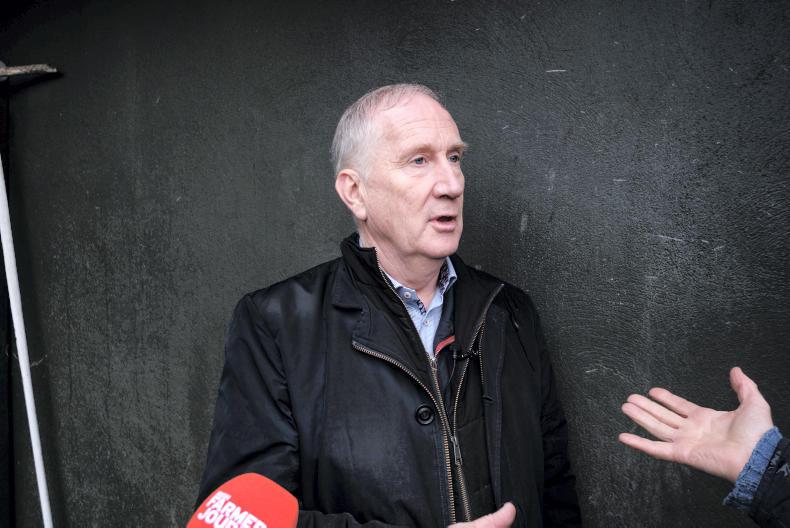
Billy Costello, pig farmer and owner of Green Generation Ltd Nurney, Co Kildare. \ Barry Cronin
With wholesale gas prices under 3c/kWh, this requires a 5.5c/kWh Government support.
In this case, Costello said he would be able to pay farmers €28-30/t for grass silage.
“You’ve got lots of beef farmers who are losing money. It makes money for a farmer if he can grow grass and have it as a crop,” said Costello.
“He still can have the same amount of cattle on a smaller amount of land if he fertilises it.”
Risks
Neil O’Brien, of the Belfast-based renewables advisory firm Victus, warned of the risks for farmers investing in the Republic’s nascent biogas industry.
The sector is more developed in Northern Ireland and he said he had seen farmers spend heavily on ADs that would be only “working for the bank”.
“Who will control the market? How will it be regulated? Who will get the carbon credits?” he asked, urging farmers or co-ops to answer those questions before getting involved.
Kilgallon said GNI was working on a scheme to reduce these risks, raising cheap finance in Europe for farmers willing to build an AD following a pre-designed proven model.
“If they follow that template, they would be able to access 100% finance on a non-recourse basis, so they won’t be putting in their farm at risk.
"They’ll also be given an equity stake in this facility and in time they will be given full ownership,” he said.
Other benefits would include rent from the land hosting the plant and free use of the leftover nutrient-rich digestate as fertiliser.
Read more
First farm biogas flows to national grid
Renewable support to materialise in 2019
Use AD to produce gas, reduce emissions and grow more grass – SEAI
Gas Networks Ireland (GNI) wants to build on its demonstration project with Green Generation to source 20% of the gas in its network from renewable sources by 2030 – nearly all from farms.
Another Government-funded pilot project will inject gas from 20 farm-based anaerobic digesters (ADs) around Mitchelstown, Co Cork.
“The ideal location to locate anaerobic digesters (ADs) would be on farms where there is a source of slurry.
"These facilities would be able to offer a fixed price for dry matter feedstock such as grass silage, maybe red clover rotation crops from the tillage sector, or sugar beet, guaranteed for 15 years or more,” said Ian Kilgallon of GNI.
Extra grass could be grown on most farms in the north and west, while tillage farmers in the south and east could grow energy crops.
You’ve got lots of beef farmers who are losing money. It makes money for a farmer if he can grow grass and have it as a crop
Up to 20% of the slurry stored in the country in 2030 and 10mt of grass silage could be processed in ADs, according to GNI.
Scaling this up nationwide could only happen with price incentives, Kilgallon and Green Generation’s Billy Costello warned. They are lobbying the Government to make injection of renewable gas into the national network eligible to the Support Scheme for Renewable Heat. “8.5c/kWh of heat is roughly what they get in England, France or Germany. We’re not any different,” said Costello.

Billy Costello, pig farmer and owner of Green Generation Ltd Nurney, Co Kildare. \ Barry Cronin
With wholesale gas prices under 3c/kWh, this requires a 5.5c/kWh Government support.
In this case, Costello said he would be able to pay farmers €28-30/t for grass silage.
“You’ve got lots of beef farmers who are losing money. It makes money for a farmer if he can grow grass and have it as a crop,” said Costello.
“He still can have the same amount of cattle on a smaller amount of land if he fertilises it.”
Risks
Neil O’Brien, of the Belfast-based renewables advisory firm Victus, warned of the risks for farmers investing in the Republic’s nascent biogas industry.
The sector is more developed in Northern Ireland and he said he had seen farmers spend heavily on ADs that would be only “working for the bank”.
“Who will control the market? How will it be regulated? Who will get the carbon credits?” he asked, urging farmers or co-ops to answer those questions before getting involved.
Kilgallon said GNI was working on a scheme to reduce these risks, raising cheap finance in Europe for farmers willing to build an AD following a pre-designed proven model.
“If they follow that template, they would be able to access 100% finance on a non-recourse basis, so they won’t be putting in their farm at risk.
"They’ll also be given an equity stake in this facility and in time they will be given full ownership,” he said.
Other benefits would include rent from the land hosting the plant and free use of the leftover nutrient-rich digestate as fertiliser.
Read more
First farm biogas flows to national grid
Renewable support to materialise in 2019
Use AD to produce gas, reduce emissions and grow more grass – SEAI





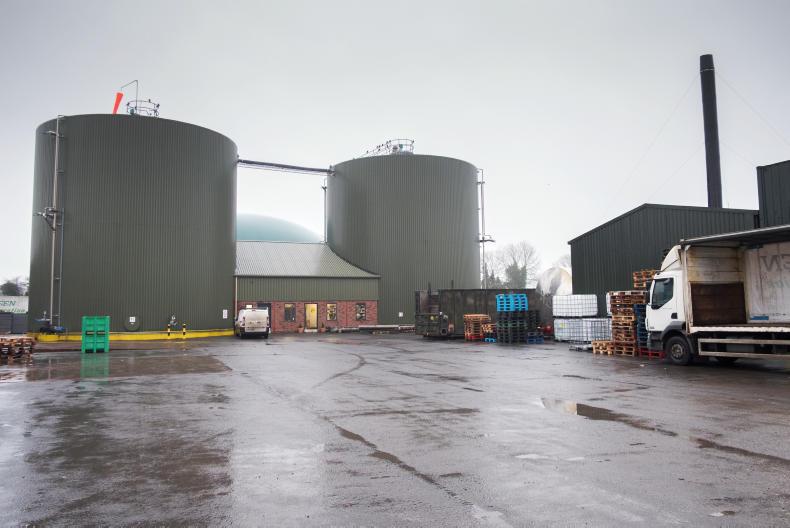
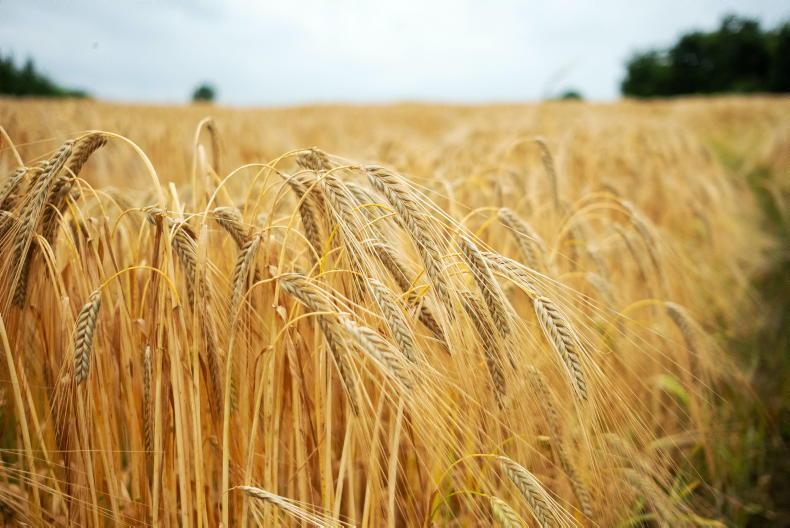
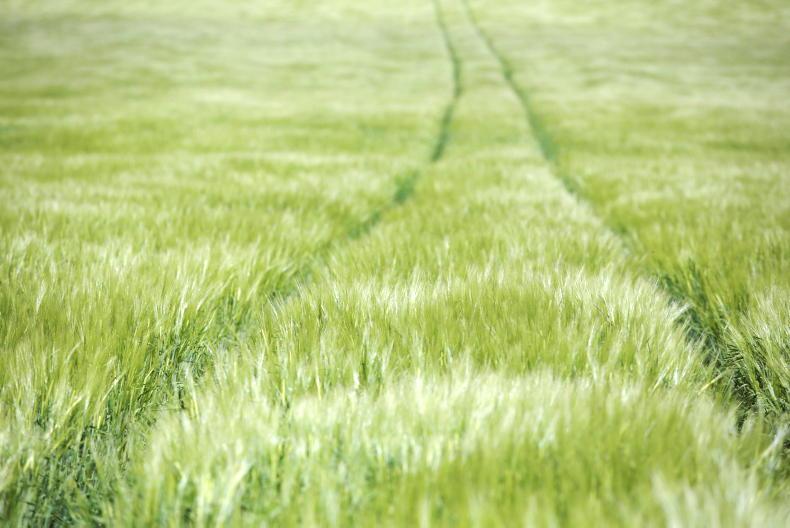
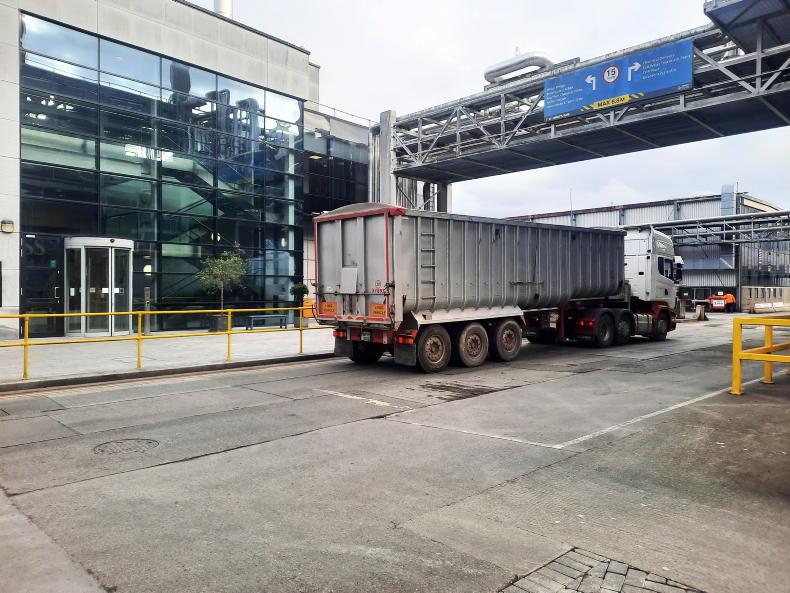
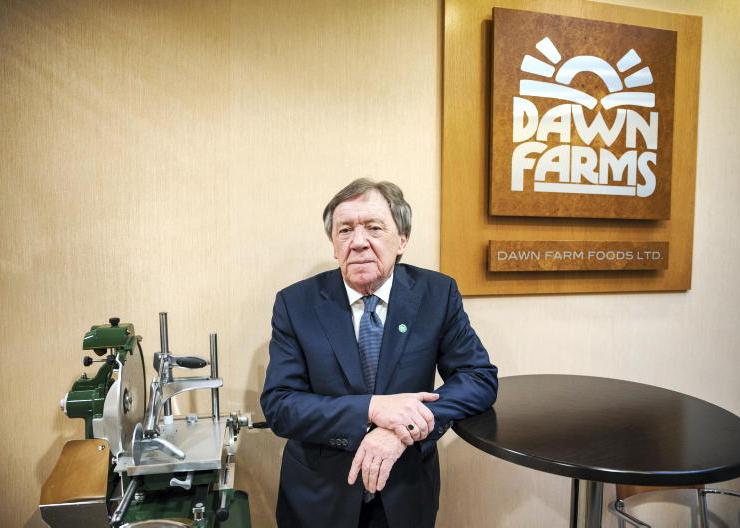
SHARING OPTIONS